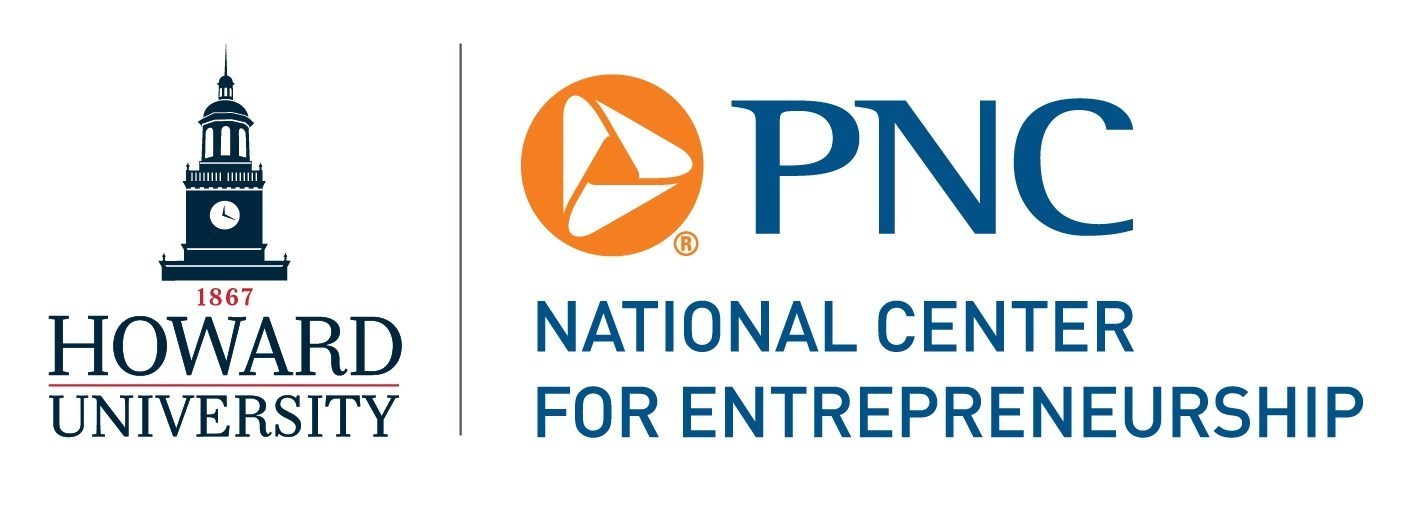KEY INSIGHTS
- A $16.8 million, five-year grant from the PNC Foundation is creating the Howard University and PNC National Center for Entrepreneurship
- There will also be three regional hubs at Morgan State, Texas Southern and Clark Atlanta
- The aim of the center is to offer HBCUs and the wider community around them access to education and resources
Last month, a multi-million dollar partnership to expand entrepreneurship opportunities across historically Black colleges and universities was announced. A $16.8 million, five-year grant from the PNC Foundation, the main philanthropic arm of PNC Bank, is creating the Howard University and PNC National Center for Entrepreneurship, which will also include regional hubs at three other HBCUs.
“Our goal was to create a center that would be kind of a center of excellence for all HBCUs, a hub of information and content that could be shared across the entire HBCU network and then actually go into the communities in which they serve,” Anthony Wilbon, dean of Howard’s School of Business, told The Plug.
Morgan State University, Texas Southern University and Clark Atlanta University will serve as the regional hubs with Howard leading as the national center.
“As a major HBCU, our responsibility is to increase diversity and inclusion, to educate more quality, Black business students to make the business community better,” David Yen, Dean of the Jesse H. Jones School of Business at Texas Southern, told The Plug.
The $16.8 million grant from the PNC Foundation will be split up evenly over five years, roughly $3.36 million per year. Wilbon said Howard will get a significant portion of the money as the national center. Texas Southern will get roughly $500,000 a year, although the budget is still being developed, according to Yen.
The aim of the partnership, which was a year in the making, is to offer HBCUs and the wider community around them access to education and resources on everything from franchising to equity financing to help people on the entrepreneurial journey.
“What is widely understood is that what is keeping communities of color and minorities from succeeding in the entrepreneurial space tends to be lack of access to education, lack of access to experience and lack of access to capital,” Mary Foster, professor in the Department of Business Administration at Morgan State University, told The Plug.
Studies suggest that Black entrepreneurship can actually exacerbate the racial wealth gap because Black-owned businesses are less likely than white-owned businesses to still be running four years after starting.
However, when their businesses succeed, they have a similar likelihood of upward mobility as their white peers, so helping Black entrepreneurs flourish is key.
Discussions have just begun to turn the vision of the program into reality, but Wilbon said they will capitalize on the expertises Howard, Morgan State, Texas Southern and Clark Atlanta have when it comes to entrepreneurial education.
“What the center hopes to do is to pull it all together, leverage our resources to build something that would be even more impactful than just these bits and pieces we have across the campus,” Wilbon explained.
The search for a national director for the center will begin in January. Once the director is established, the new programs will begin to be rolled out across the regional hubs.
The success of the programs will be measured in a few ways: the number of small businesses that are created in the regions, how the hubs are enhancing the local entrepreneurship ecosystem around the HBCUs, particularly in rural areas, and the collaborations that may be built between the HBCUs around entrepreneurship courses and programs.
The new center is not the only initiative at HBCUs to increase entrepreneurship. In February, Morehouse College, Spelman College and the Black Economic Alliance Foundation announced plans to establish the Center for Black Entrepreneurship, starting with $10 million in seed funding from Bank of America. In September, Mastercard gave another $5 million to the project.
HBCUs are also helping teach the building blocks of entrepreneurship to their students. Tennessee State University offers an entrepreneurship minor where students can learn about business strategy, marketing, financial modeling and even franchising.
At Fayetteville State University, the Center for Entrepreneurship provides students a leadership institute, pitch competition and undergraduate concentration.
In July, Clark Atlanta University, Spelman and Morehouse announced a $1.5 million, five-year initiative with Blackstone Launchpad to expand students’ access to mentors, funding and entrepreneurship-based internships. Morehouse is also home to the Innovation and Entrepreneurship Center, which provides access to entrepreneurship training and capital to students and the public across the metro Atlanta area.
Just this fall, Bowie State University opened its Entrepreneurship Living Learning Community, where students have access to entrepreneurship workshops, skill development and like-minded peers.
With the Howard University and PNC National Center for Entrepreneurship, the ultimate goal is to create a unified network of opportunities, education and access around entrepreneurship for the whole HBCU community.
“We all know that the failure rate of small businesses is pretty high and I think the goal is to mitigate that as much as possible by giving them as much information, backing and support so that we can look at creating something sustainable, versus something that has very weak foundation and is more likely to fall apart,” Wilbon said.








